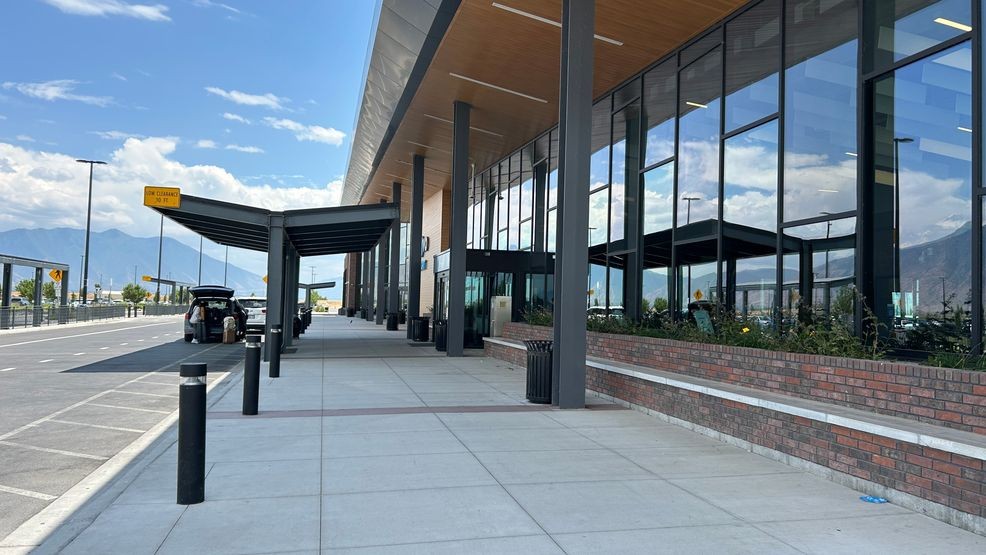Background of the Real Estate Deal
A real estate deal that was reportedly halted before it could proceed due to concerns about a company’s connection to China was aimed at establishing a flight school near the Provo Airport. The Utah Department of Public Safety (DPS) disclosed details about this transaction in response to inquiries from 2News, shedding light on the situation.
Hillary Koellner, a spokesperson for the DPS, confirmed that the initial intention behind the deal was to create a flight school. She also highlighted that Cirrus Aircraft, a company based in Minnesota, is majority-owned by the Aviation Industry Corporation of China (AVIC). AVIC is classified as a restricted foreign entity under Utah law, which raises significant concerns regarding foreign ownership of U.S. land.
AVIC and U.S. Sanctions
AVIC, headquartered in Beijing, is not only linked to the Chinese government but is also reportedly listed among companies sanctioned by the United States. This status further complicates any potential real estate transactions involving the company, especially when it comes to acquiring property in strategic locations such as near an airport.
Despite these concerns, no specific property has been identified as the target of Cirrus’ interest in Utah County. 2News attempted to contact a senior executive at Cirrus through various channels, including direct communication via the company’s website, but received no responses. The questions posed included whether Cirrus would disclose the property, if a new facility near the Provo Airport would pose a threat to the state or country, and where the project would go from here.
Public Reaction and Concerns
Public sentiment around the deal has been mixed. Devon Allen, a UVU alumnus who recently flew into the Provo Airport for a family reunion, expressed his concern over foreign ownership of U.S. land. “I don’t think foreign countries should be owning land in the United States,” he said.
Another individual at the airport, who chose to remain anonymous, echoed similar sentiments. When asked if entities connected to foreign governments should be allowed to own land, she responded, “Yes, yes.”
Sean Terry, a Texas resident, added that there are plenty of American business owners who would be willing to establish the same type of operation on the same land. His comments reflect a broader concern about prioritizing domestic interests over foreign investments.
City of Provo’s Statement
The City of Provo released a statement addressing the situation, emphasizing its support for the state’s enforcement of Utah Law and the Governor’s commitment to protecting strategic infrastructure. The city also stated that it welcomes aeronautical businesses that can contribute to the aviation community, provided they operate in compliance with all federal, state, and local regulations.
Cirrus’ Transparency and Legal Implications
According to Koellner, Cirrus was open about its plans in Utah. The company reached out proactively through the Governor’s Office of Economic Opportunity and the Attorney General’s Office, which led to the involvement of the DPS. During the investigation, it was discovered that AVIC, a known government entity of the People’s Republic of China, is the parent company of Cirrus.
Cirrus was informed that proceeding with the purchase would violate state statute and could result in serious legal repercussions. This decision highlights the importance of maintaining national security and ensuring that foreign entities do not gain undue influence over critical infrastructure.







